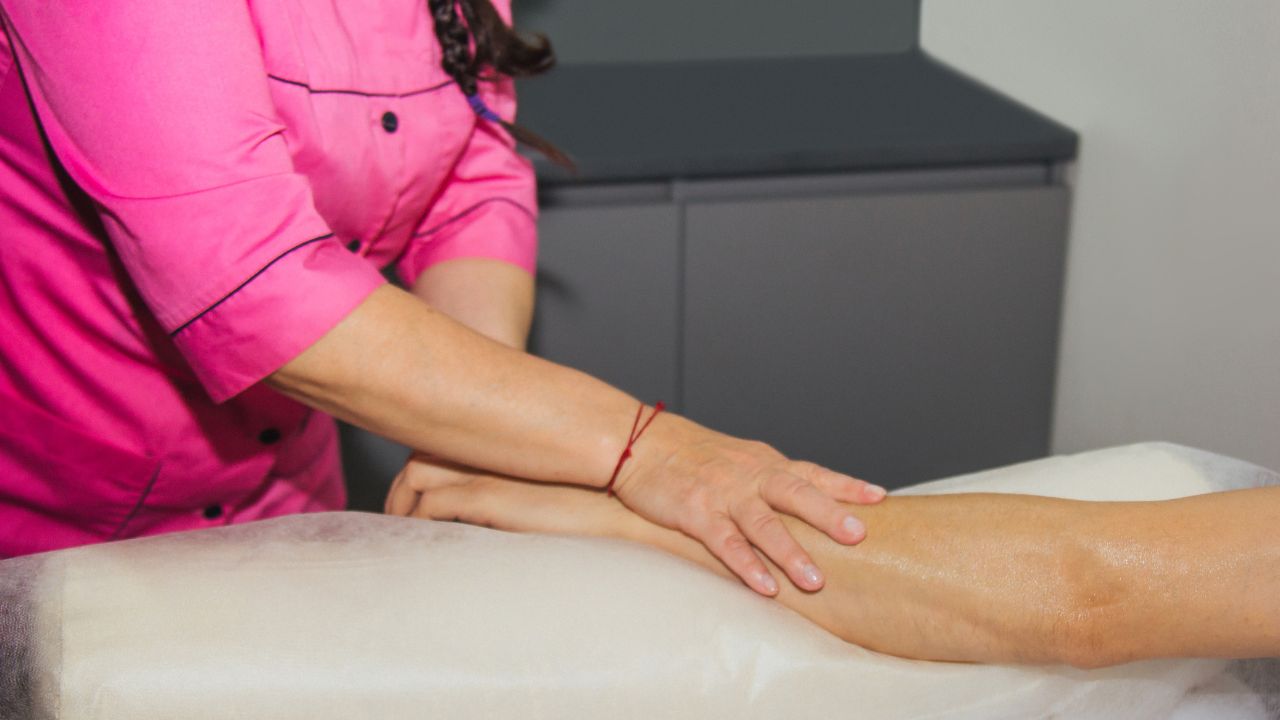
The Importance of Muscle Recovery
Muscle recovery is a crucial aspect of any fitness routine. Whether you're a professional athlete or a casual gym-goer, giving your muscles the proper care and attention they need after a workout is essential for preventing injury, reducing soreness, and promoting overall health and well-being. In this article, we'll explore the best practices for muscle recovery, including rest, nutrition, hydration, and stretching.
The Role of Rest in Muscle Recovery
One of the most important factors in muscle recovery is rest. When you engage in physical activity, your muscles undergo stress and micro-tears. These micro-tears are a normal part of the muscle-building process, but they require time to heal and repair. Without adequate rest, your muscles may not have the opportunity to fully recover, leading to increased soreness, fatigue, and even injury.
To ensure proper muscle recovery, it's important to give your body the rest it needs. This means taking breaks between workouts, getting enough sleep each night, and listening to your body when it tells you it needs a break. Aim for at least 7-9 hours of quality sleep each night, and consider taking a rest day or two each week to allow your muscles time to recover and rebuild.
The Importance of Nutrition in Muscle Recovery
In addition to rest, nutrition plays a key role in muscle recovery. After a workout, your body needs the right nutrients to repair and rebuild muscle tissue. Protein, in particular, is essential for muscle recovery. Aim to consume a source of high-quality protein, such as lean meats, fish, eggs, or plant-based sources like beans and tofu, within 30 minutes to an hour after your workout.
Carbohydrates are also important for muscle recovery, as they help replenish the glycogen stores that your muscles use for energy during exercise. Choose complex carbohydrates, such as whole grains, fruits, and vegetables, to provide your body with a steady source of energy and aid in muscle recovery.
Staying Hydrated for Optimal Muscle Recovery
Hydration is another crucial component of muscle recovery. During exercise, your body loses fluids through sweat, which can lead to dehydration if not replenished. Dehydration can cause fatigue, muscle cramps, and even impair muscle recovery.
To stay properly hydrated, aim to drink water before, during, and after your workouts. The amount of water you need will depend on factors such as your body size, the intensity of your workout, and the climate you're exercising in. A good rule of thumb is to drink at least 8 ounces of water for every 15-20 minutes of exercise, and to continue drinking water throughout the day to maintain optimal hydration levels.
The Benefits of Stretching for Muscle Recovery
Stretching is another important practice for muscle recovery. Stretching helps improve flexibility, reduce muscle soreness, and prevent injury. After a workout, take a few minutes to stretch the muscles you've just worked. Hold each stretch for 15-30 seconds, and avoid bouncing or pushing yourself too far.
In addition to post-workout stretching, incorporating regular stretching into your routine can help improve overall flexibility and reduce the risk of injury. Consider adding a few minutes of stretching to your daily routine, or attending a yoga or Pilates class to help improve flexibility and promote muscle recovery.
Putting It All Together: A Comprehensive Approach to Muscle Recovery
Incorporating rest, nutrition, hydration, and stretching into your fitness routine is essential for optimal muscle recovery. By giving your body the care and attention it needs after a workout, you can reduce soreness, prevent injury, and promote overall health and well-being.
Remember to listen to your body and give it the rest it needs, fuel it with the right nutrients, stay properly hydrated, and incorporate regular stretching into your routine. With a comprehensive approach to muscle recovery, you'll be able to achieve your fitness goals and maintain a healthy, active lifestyle for years to come.
 Mobility trainingHome Fitness RecoverySports Injury PreventionPersonal Physical TherapyOrthopedic SolutionsPrivacy PolicyTerms And Conditions
Mobility trainingHome Fitness RecoverySports Injury PreventionPersonal Physical TherapyOrthopedic SolutionsPrivacy PolicyTerms And Conditions
